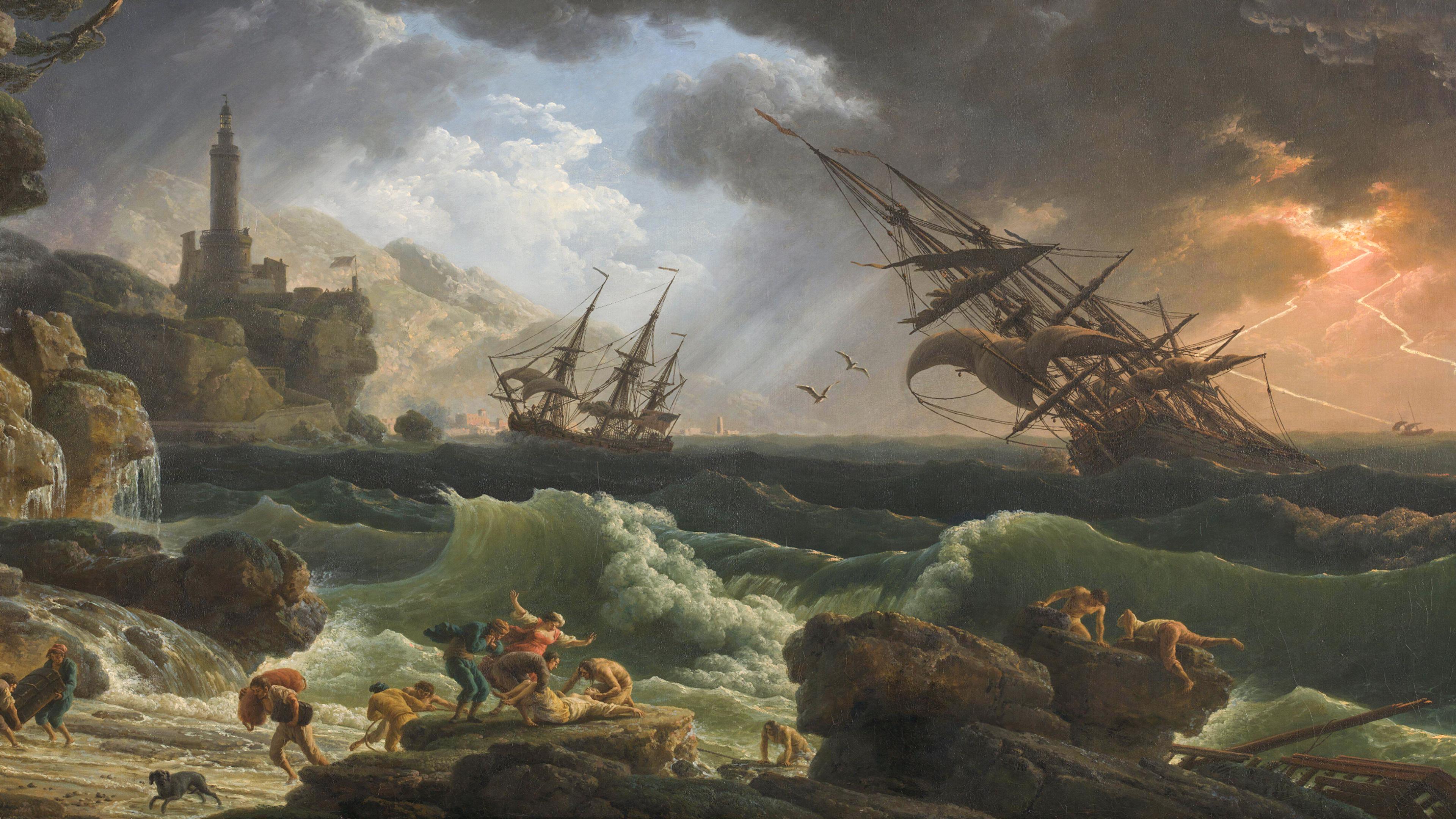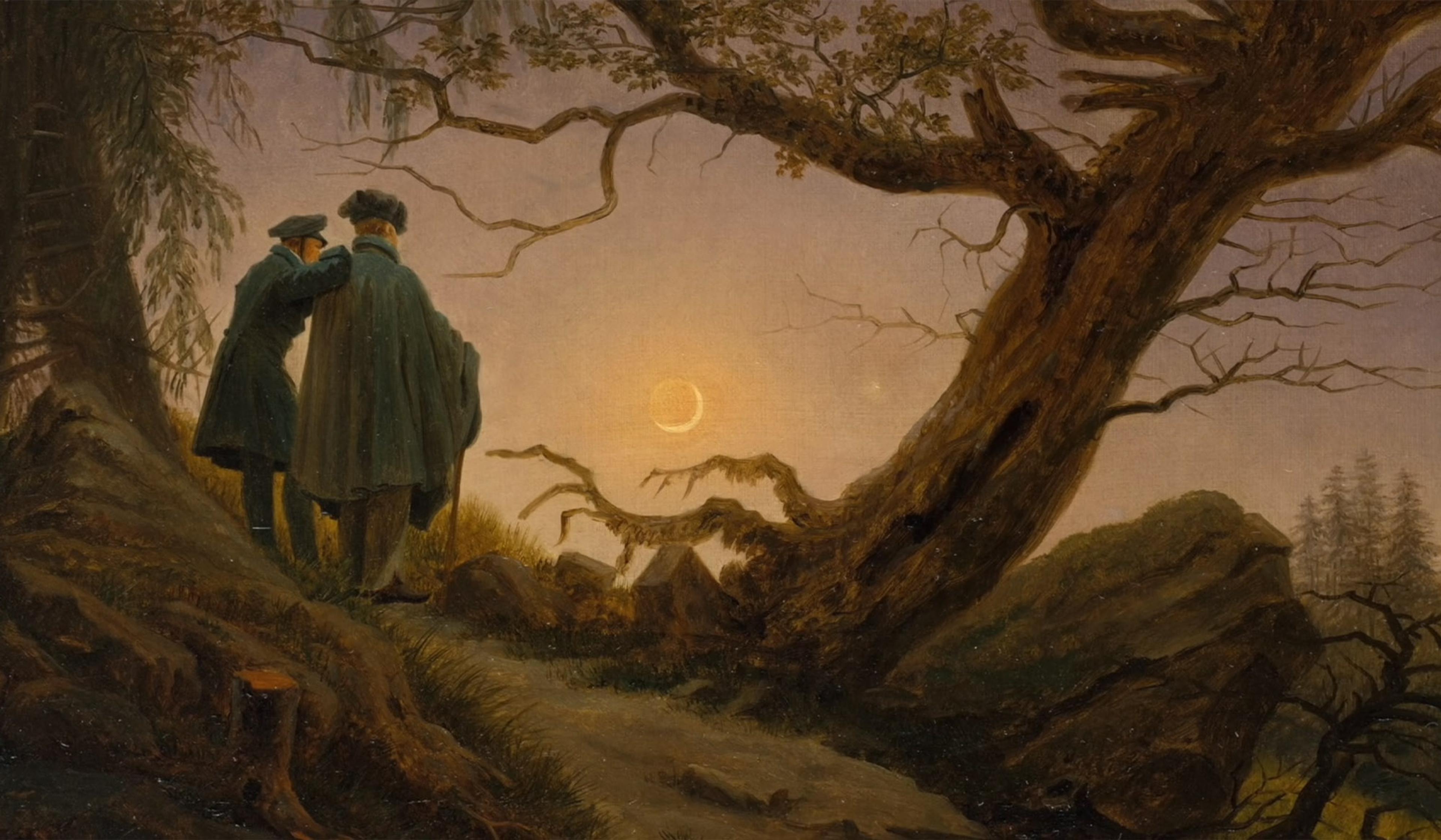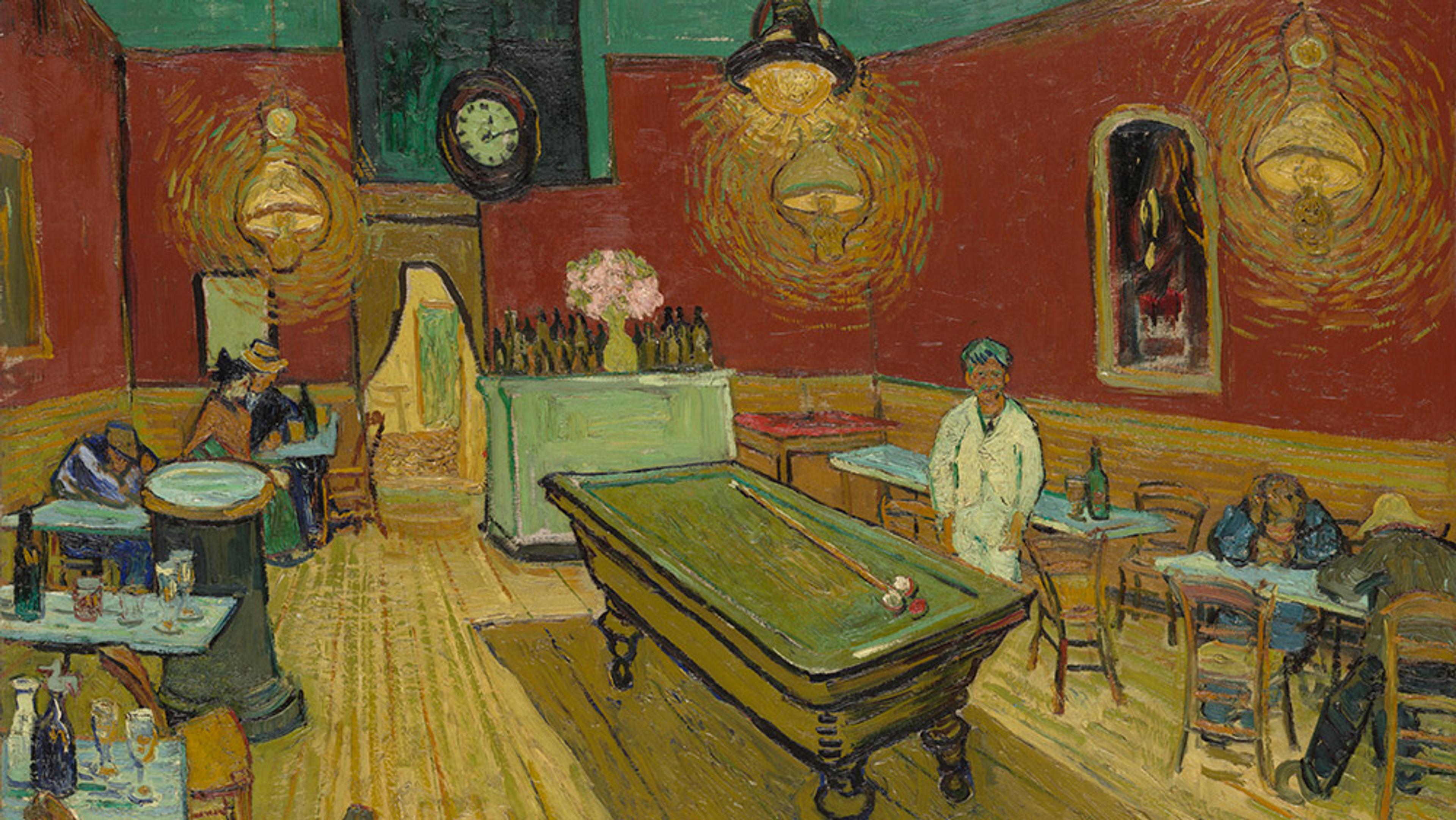‘I cannot call it colour, it was conflagration. Purple, and crimson, and scarlet, like the curtains of God’s tabernacle…’
The influential 19th-century art critic and philosopher John Ruskin was devoted to beauty above all else. Beyond simply admiring beauty, Ruskin thought that humanity should build a more beautiful world. In doing so, he believed we must account for the links between economics, society, art and nature. In particular, he believed that the industrialists of his time were destroying the natural beauty around them, and leaving a crueler, uglier world in their wake. Made for an exhibition at the Millennium Gallery in Sheffield, England, this short film features passages from his writings in which he describes in vivid detail the sublime and divine qualities he finds amid nature. These passages are paired with a diptych of videos featuring scenes from England’s Peak District, from which Ruskin took much inspiration. Depicted in black and white, the images seem to reflect Ruskin’s belief that colour could never be fully rendered in recreations or in language – even as his own words on colour, read aloud here, are a worthy attempt.








